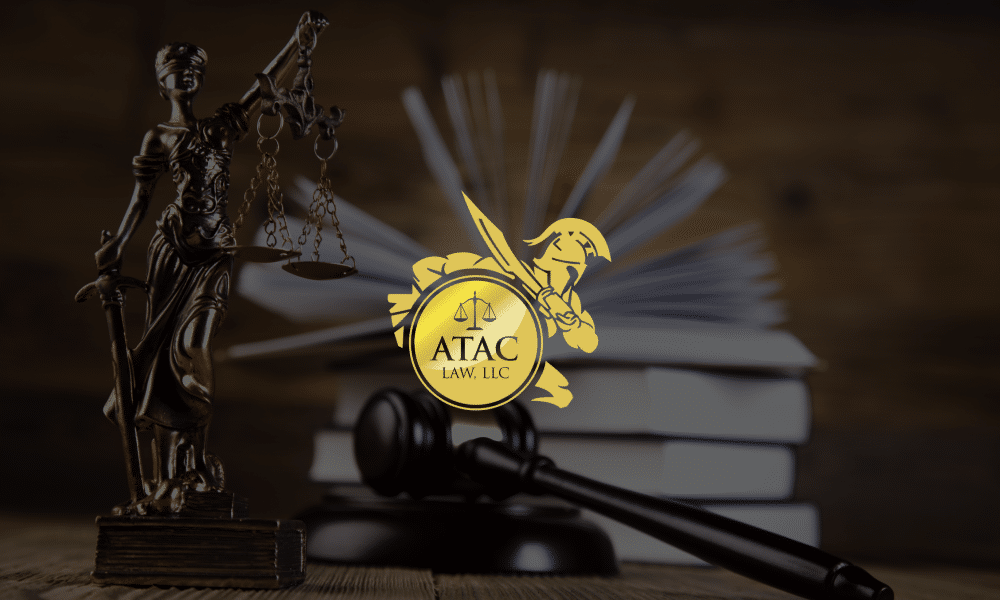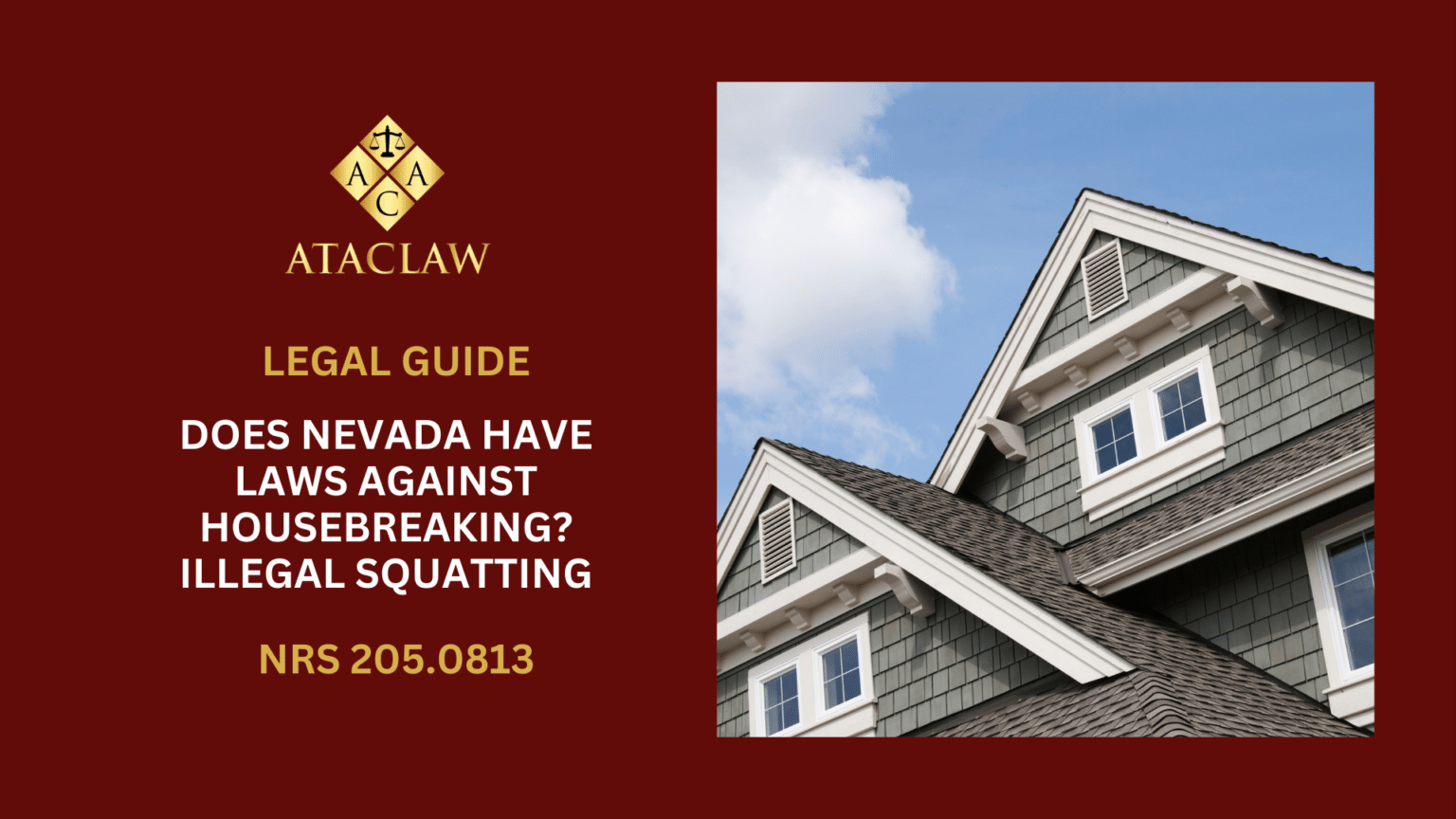Nevada is a “stand your ground” state which means that under Nevada law, self-defense is permitted when a person is under the threat of a violent crime such as attempted assault or break-ins. This means when a person may do something against you to harm you or someone else, you have a legal right to defend yourself with use of force.
In this article we talk about:
- When use of force during and act of self defense allowed?
- What is the castle doctrine?
- When can you use deadly force?
- When can you use non-deadly force in self-defense?
- Self-defense and domestic violence
- Who has the burden of proof in a self-defense case?
When use of force during and act of self defense allowed in Nevada?
There are two criteria that must be met in order for self-defense to be legal under Nevada law:
- There must be a reasonable belief by the person who is defending themselves that the aggressor poses an immediate threat to them or their property
- The self-defense that is inflicted must not be greater or with more force than is necessary when resisting the threat of the aggressor
The self-defense laws in Nevada are:
- NRS 200.120 – Justifiable homicide defined; no duty to retreat under certain circumstances
- NRS 200.275 – Justifiable infliction or threat of bodily injury not punishable
The motive of the non-aggressor cannot be solely for revenge. They must truly believe that the danger they are facing was sufficiently pressing and urgent and that they were face death or significant bodily harm before choosing use of force for self defense.
What is the castle doctrine?
Castle doctrine is a legal doctrine that is used in many states regarding self-defense. In Nevada, castle doctrine gives people the right to use deadly force when they are protecting their occupied home or vehicle from attack or assault by another person.
It also provides no duty to retreat.
The non-aggressor is allowed to defend their home or property as long as it is occupied.
This means if your car is parked in your driveway and you catch someone trying to break into it, you are not legally able to shoot the person or use deadly force to defend that unoccupied property.
However, if your child is in the car or if you are in the car and someone attempts to break in, they you are legally able to defend that property using as much force as the aggressor is using. In other words, if they have a gun, you have a reasonable belief that they want to kill you so you can return in kind force to stop them.
If someone trespasses on your property, you are not legally able to use deadly force to stop them. If the trespasser is carrying a gun and they are threatening you, then you can defend your property because you are also defending your life.
And that is the crux of the situation. If your life is in danger or harm to your person is being threatened, then self-defense is justifiable.
When can you use deadly force in Nevada?
Nevada law justifies self-defense against violent crimes when the person believes that the aggressor is posing a credible and real threat to their life. If the person reasonably believes that the aggressor is attempting to kill them, then self-defense is allowed. Those violent crimes include:
- Aggravated battery
- Sexual assault
- Attempted violence
- Rape
Domestic violence may sometimes fall under this as well, but it is dependent upon specific circumstances.
When can you use non-deadly force in self-defense in Nevada?
When you are trying to stop a non-violent crime, you are not legally permitted to use deadly force. Instead, you can use non-deadly force. In other words, you cannot inflict any more force than is necessary to stop the attack and protect yourself or someone else.
Situations where you may use non-deadly force in self-defense include:
- Assault
- Battery
Self-defense and domestic violence in Nevada
Self-defense in domestic violence cases can be difficult to prove sometimes. This is because there is usually little evidence that the victim’s life was in danger or even which party started it. This is especially true if the offense occurred in the home.
Who has the burden of proof in a Nevada self-defense case?
Under Nevada law, any type of self-defense is considered an “affirmative defense” which places the burden of proof on the defendant, or the person who was defending themselves. They must prove that they acted lawfully while protecting themselves from imminent harm. Type of evidence used in self-defense cases include:
- Medical testimonies
- Eyewitnesses
- Surveillance footage
Self-defense laws can be complex, especially in certain situations such as domestic violence and use of force. It is unwise to try to handle it yourself. If you have used non-deadly or deadly force to defend your person or property, don’t count on getting out of it quickly or easily. You need the experience and knowledge of a skilled criminal defense attorney who can defend you.
Call the office of ATAC Law and let our skilled criminal defense team go to work for you.
Do you need a Self Defense Attorney in Las Vegas?
If You’re Facing Charges, We’re Here To Help.
Call us for help
“How do you beat a self defense charge in Nevada?”
“When is use of force permitted for self defense?”
If you needed use of force during an act of self defense, and are now facing charges:
We have answers for you
To learn more about self defense charges in Las Vegas and how to get your self defense charge dismissed or to discuss a particular criminal case that you or someone you love is facing, Call ATAC Law firm for help to get your charges reduced or dismissed.
Contact us for a FREE phone meeting to discuss your case with what people are calling the best criminal defense attorney in Las Vegas.
At ATAC, our Las Vegas team of lawyers is here to work with you to help you through your case.





